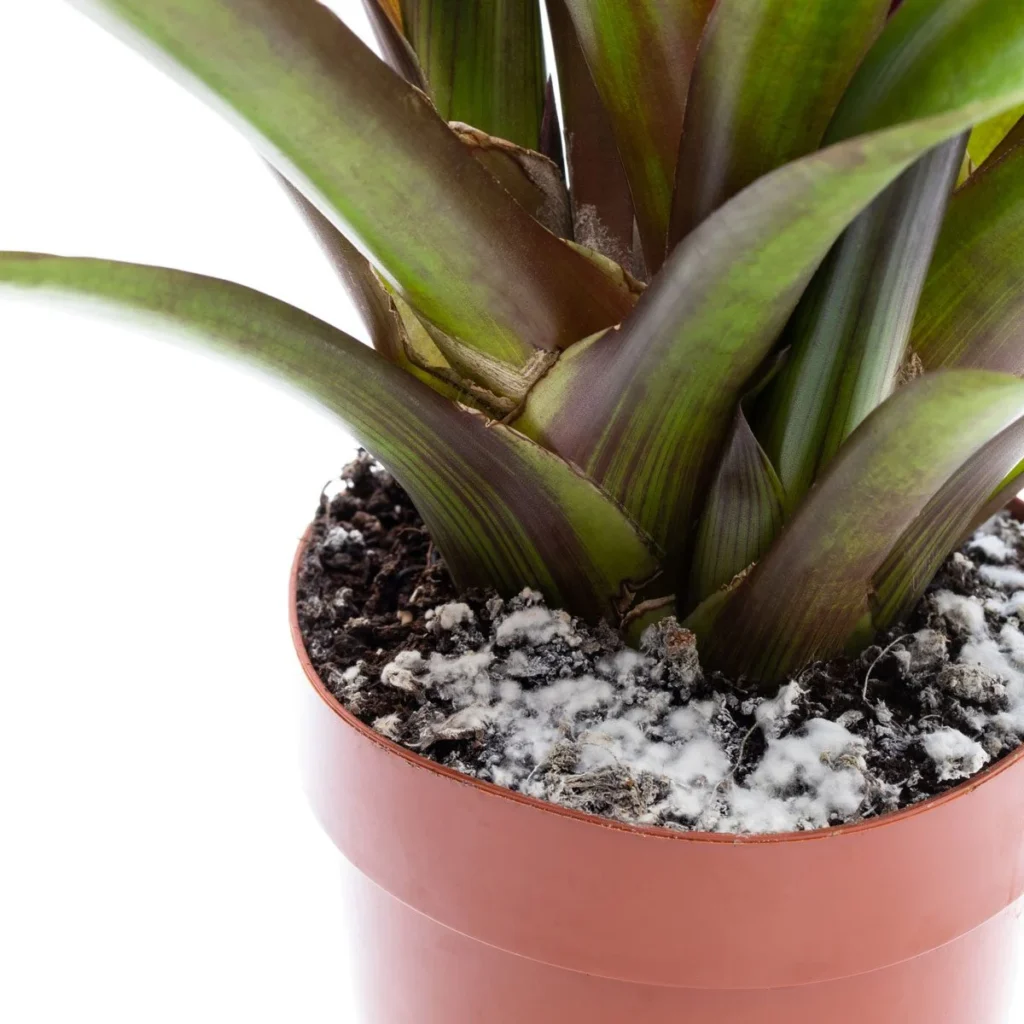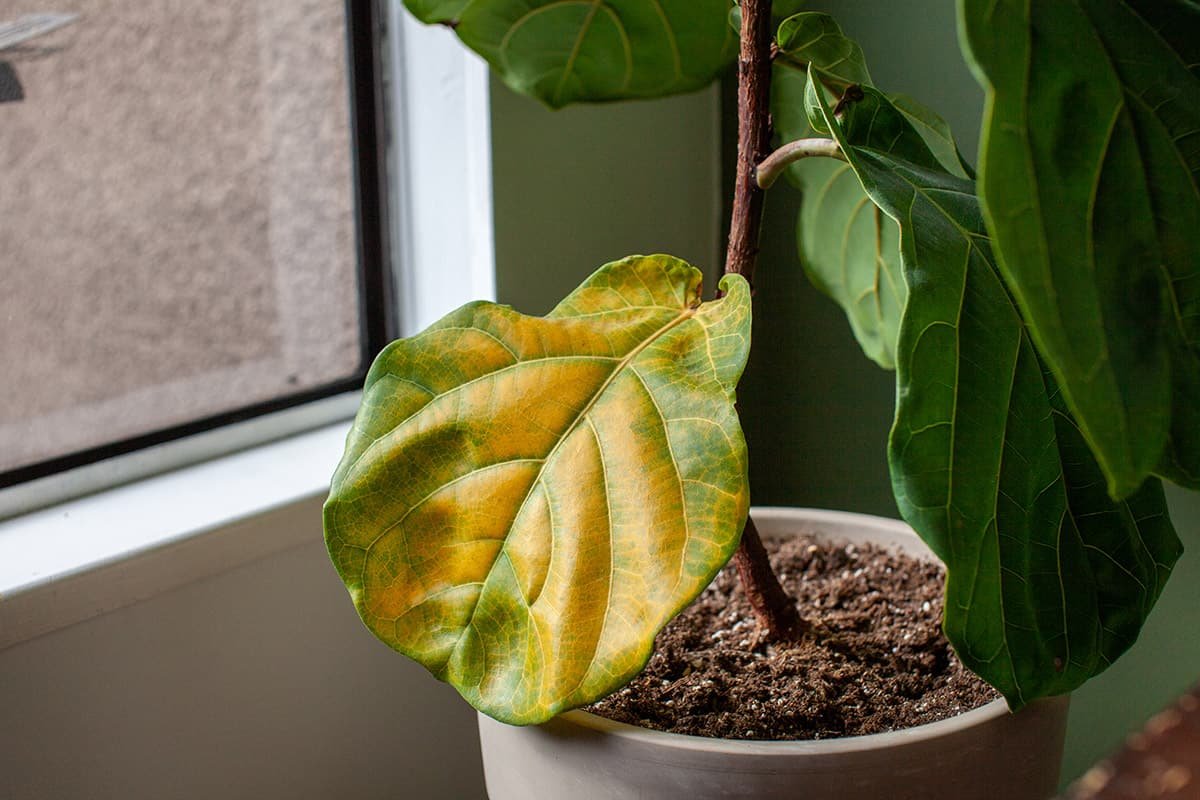Here, you will know how you have to deal with fungus on plants. Fungus are microorganisms which cause infections, often visible on plants or surfaces.
And Fungus on plants refers to various fungal infections affecting plant tissues. These infections can manifest as;
- Visible growths,
- Discoloration, or damage.
So, you need to Control humidity, water the plants properly, and applying fungicides as these can help prevent and manage fungal issues.

10 Easy Ways to Deal With Fungus on Plants
You can find many ways to deal with fungus on Plants but here you will come to know some of the easy ways to get rid of fungus on plants.
Managing fungus on plants involves adopting various strategies to prevent, control, and eliminate the infection.
So, Here are 10 easy and effective ways to deal with fungus on plants, along with detailed explanations:
1. Proper Watering:
Avoid overwatering, as soggy soil creates a breeding ground for fungi. Water plants at the base, and try to keep the foliage dry.
2. Pruning Regularly:
Remove dead or infected plant parts promptly to prevent the spread of fungus. Use clean, sharp tools and disinfect them between cuts.
3. Mulching Mindfully:
Use organic mulch sparingly and keep it away from plant stems. Excessive mulch can trap moisture and promote fungal growth.
4. Choosing Resistant Plants:
Select plant varieties that are less susceptible to fungal diseases. Research resistant species for your area and garden conditions.
5. Using Fungicides:
Consider using fungicidal sprays or powders to control fungal infections. Follow the manufacturer’s instructions carefully, and use protective gear when applying to deal with fungus on plants.
6. Proper Plant Placement:
Ensure plants are placed in areas with adequate sunlight and airflow. Good air circulation helps prevent the buildup of moisture, which can contribute to fungal growth.
7. Improving Soil Health:
Maintain healthy soil with proper drainage and regular aeration. Healthy soil supports strong plant growth, which can resist fungal attacks better.
8.Practicing Crop Rotation:
You have a vegetable garden, rotate crops annually to disrupt the life cycle of soil-borne fungi and reduce disease incidence.
9. Cleaning Garden Tools:
Regularly clean and disinfect gardening tools to prevent the spread of fungal spores. A solution of bleach and water works well for disinfection.
10. Using Natural Remedies:
Consider natural fungicidal solutions like neem oil, garlic spray, or baking soda solutions. These can be effective and are less harmful to the environment.
Moreover, By implementing these tips, you can effectively manage fungal issues on your plants and promote a healthy garden environment.
Finally, Remember that prevention is key to stay vigilant so you should address any signs of fungal infection promptly.
